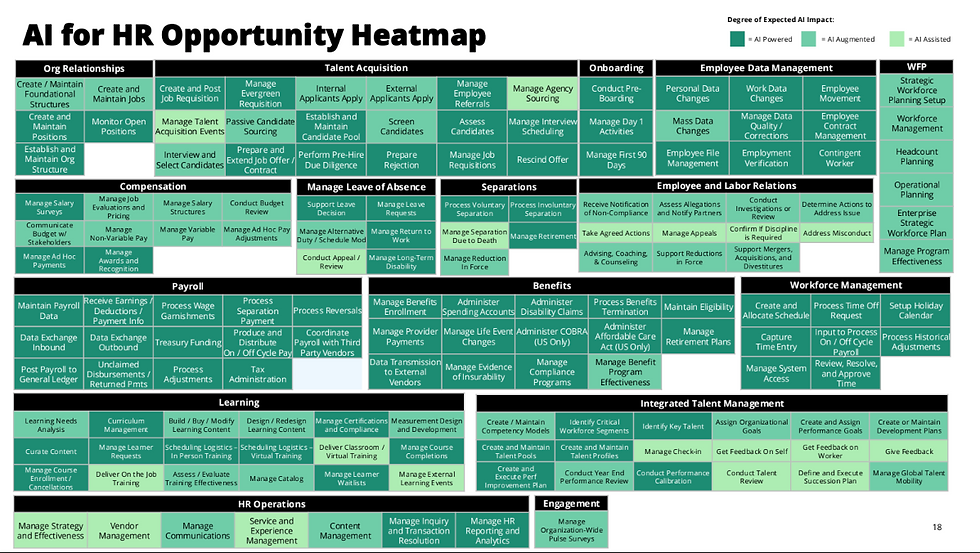Uncovering the Impact of Emotional Intelligence on Effective Leadership
- Maryna Khomich

- Feb 4, 2024
- 3 min read
Updated: Feb 5, 2024
Hey there! Let's chat about something that's been a hot topic in the business world for a while now: emotional intelligence. You might have heard about it in countless business books or at conferences, and it's not exactly new. It's been around since the days of Charles Darwin and Sigmund Freud, but it really took off in the 2000s. The term itself popped up back in the 60s thanks to researchers like Michael Beldoch and Hanscarl Leuner.

So, what's all the fuss about? Well, emotional intelligence is this amazing blend of self-awareness, self-control, motivation, empathy, and social skills. Think of it as the secret sauce for successful leadership.
You see, this isn't just academic talk. It's super relevant for business leaders and authors alike. Just take a stroll through a bookstore, and you'll find loads of titles diving into how emotional intelligence makes a difference in the workplace. You've got classics like Itzhak Adizes's "The Ideal Executive," Ken Blanchard's "The One Minute Manager," and more, all talking about this.
But why are emotions in management such a big deal? It all started with a simple question: Does our IQ really dictate how successful we'll be in life and our careers? Turns out, IQ tests don't have all the answers, and that's where soft skills, including emotional intelligence, come into play. These skills are now a must-have in leadership training.
The debate about IQ vs. emotional intelligence is still ongoing. From my perspective, a leader without emotional intelligence is like a ship without a rudder. And don't get it twisted – being a leader is different from being a manager. A leader needs to have influence and authority over a group, as defined by the Ozhegov dictionary.
In any kind of relationship, empathy is key. It's all about understanding and responding to the emotions of others. Leaders use this to communicate effectively, make decisions, and maintain the right balance in their interactions. Being aware and in control of one's emotions is crucial, not just for keeping up with business etiquette, but also for respecting others. The real MVPs in emotional intelligence are attention to detail, intuition, and trust.
Now, if we zoom in on leadership as a core skill for managers, we're talking about setting goals, motivating teams, and maintaining control. But it's not just about business savvy or experience. You need to be a people person, too. Understanding your team is crucial for bringing together a group that performs better together than individually. Tailoring your approach to each team member's unique motivations and values is what separates a good leader from a great one.
Let's not forget about situational leadership. It teaches us that people can have different attitudes towards various tasks. A manager needs to adapt their style accordingly, whether it's hands-on guidance for a newbie or stepping back to let an expert take the reins.
And here's a final thought: knowing yourself is just as important as knowing your team. Self-awareness and emotional honesty pave the way for a more realistic and healthy approach to both life and leadership. Understanding yourself helps you set realistic expectations and avoid demanding the impossible from your team.
So, emotional intelligence? It's definitely not just a trend. It's a crucial piece of the leadership puzzle, one that's shaping the way we do business and lead our teams.







Comments